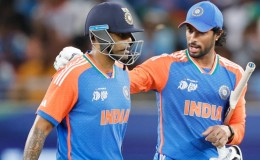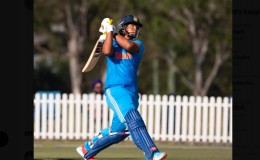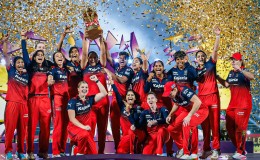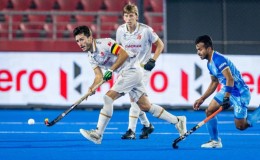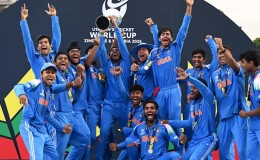Kuala Lumpur: International Cricket Council's (ICC) newly appointed chief executive David Richardson on Thursday defended the board's decision on the controversial Decision Review System (DRS), saying India cannot be forced into accepting the appeals technology.
The ICC Board had rejected its chief executives committee (CEC) recommendation of making the DRS mandatory in Tests and ODIs. The powerful Board of Control for Cricket in India (BCCI) has been opposing the DRS, saying it is not 100 percent foolproof but the claim has been contradicted by the CEC.
The ICC Board, however, rejected the CEC's recommendation and maintained the status quo on DRS allowing the competing nations to decide whether they want to use the system.
Defending the board's U-turn, Richardson, who till Wednesday was the general manager (cricket), said he wouldn't drag the powerful BCCI "kicking and screaming" into accepting it.
"The point is that the BCCI need to make that decision for themselves. It's never good to take anyone kicking and screaming to do anything," said Richardson.
"The introduction of technology has always been controversial... but slowly but surely that's changed and I think we're pretty much at that point where everyone is accepting, certainly at international level."
"I don't think (the decision is) negative at all. We'll be seeing DRS used in the majority of series going forward and there would be no sense in forcing anything upon anybody," he said.
Richardson said his new job won't be preoccupied in dealing with India.
"The bottom line is the ICC Board determines policy for the ICC going forward. I don't think it will involve any special negotiations with India. A lot is made of that but there are 10 full members and I think our task is a lot more simple and a lot more practical than these high-level talks you might imagine," he said.
"I think it would be unfair of any of us to expect overnight change," Lorgat said. (IANS)

